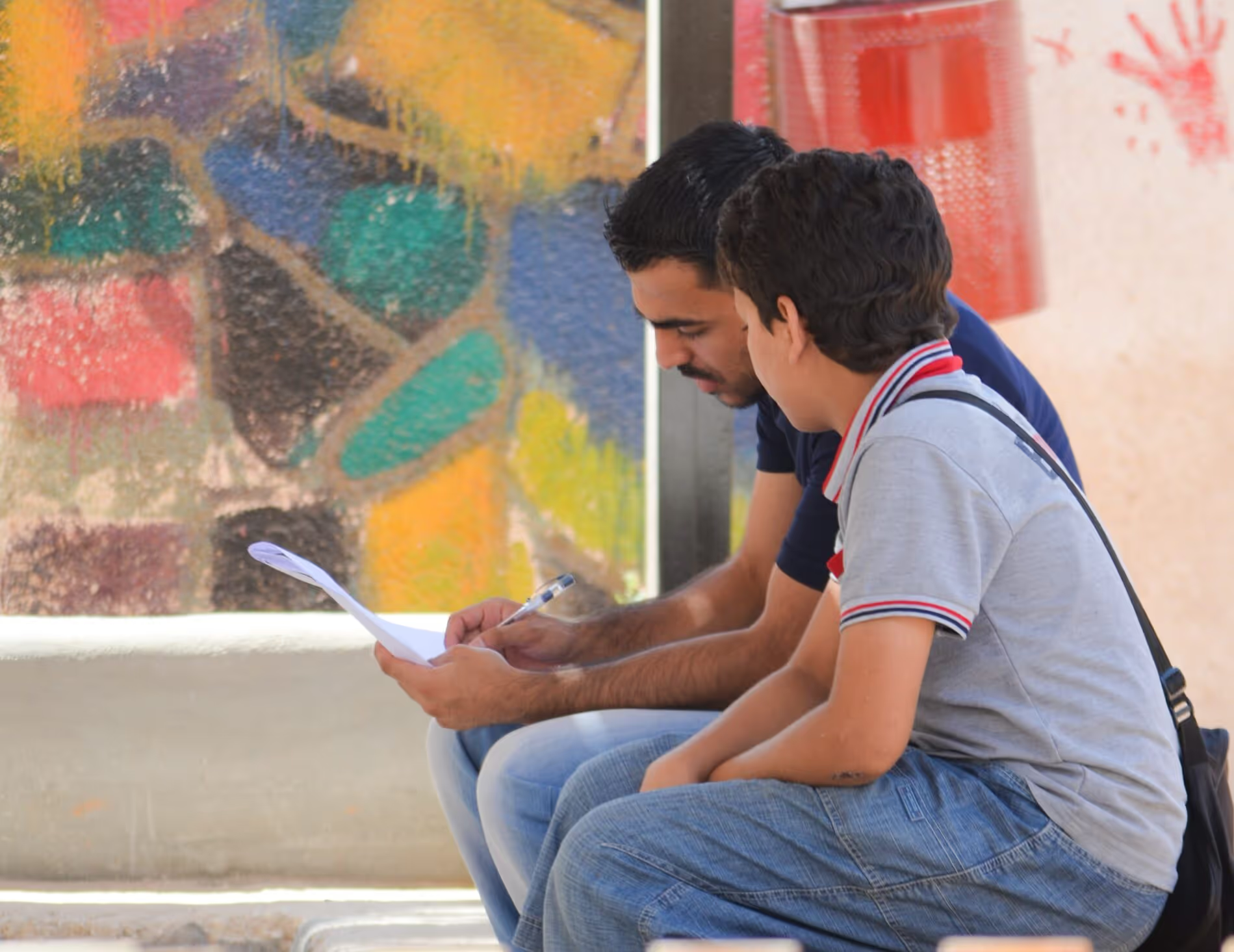Measuring the psychosocial, biological, and cognitive signatures of profound stress in humanitarian settings: impacts, challenges, and strategies in the field

Evidence of ‘what works’ in humanitarian programming is important for addressing the disruptive consequences of conflict and forced displacement. However, collecting robust scientific evidence, and ensuring contextual relevance, is challenging.
This study measured the biological, psychosocial, and cognitive impacts of a structured psychosocial intervention, implemented by Mercy Corps with Syrian refugees and Jordanian host-community youth. This paper presents a case analysis of this evaluation study and reflects on the scientific contributions of the work, the challenges experienced in its delivery, and the strategies deployed to address them.
The study shows the value of rigorous research in humanitarian settings, emphasizing relevance for local communities and meaningful ways to build research ownership. Findings encourage the adoption of cognitive measures and stress biomarkers alongside self-report surveys in evaluating programme impacts. High-quality scientific research with youth can be feasible, useful, and ethical in humanitarian settings.